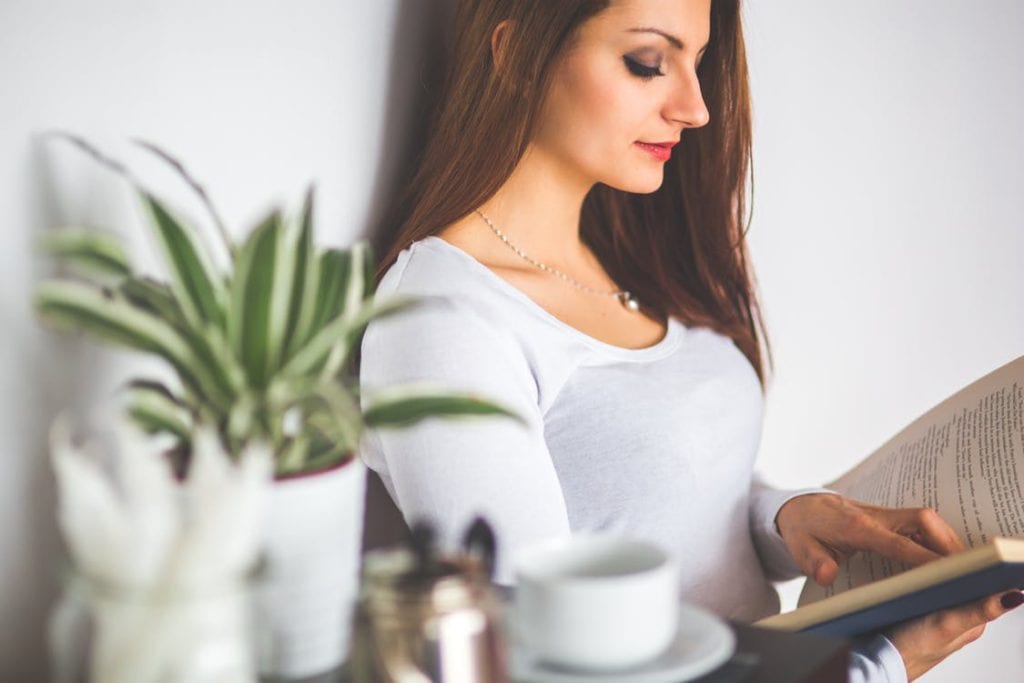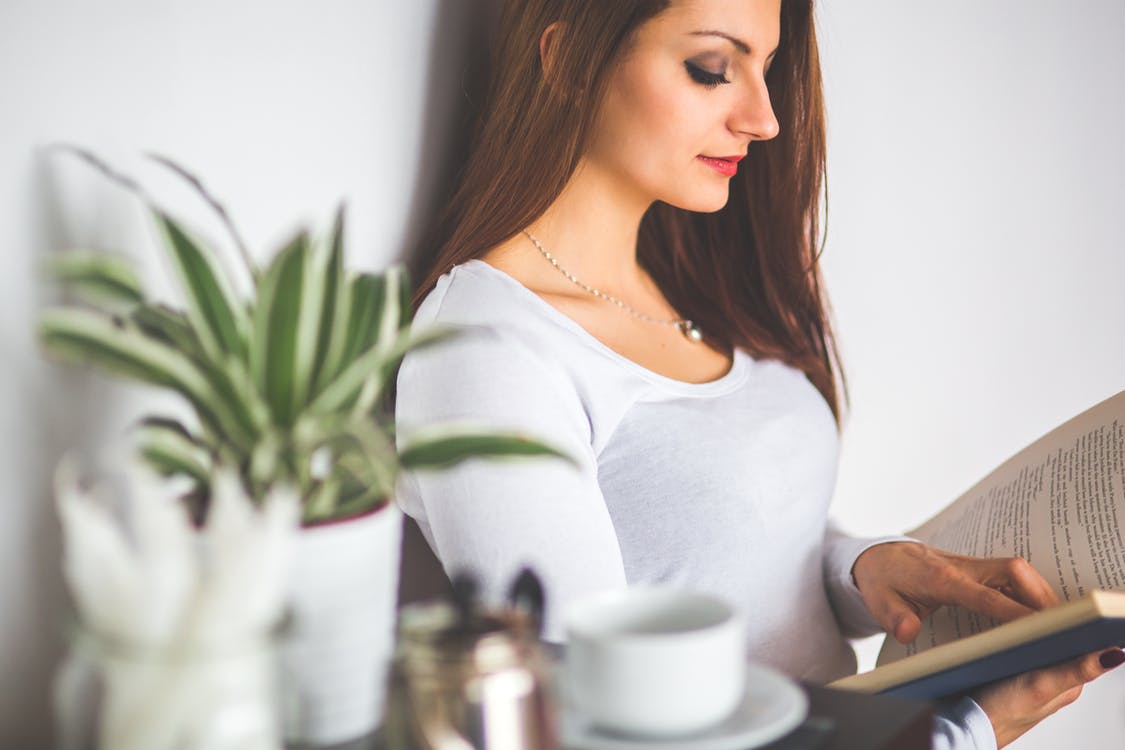
A night out on the town. A long weekend at a music festival. Attending the most talked about party of the year. All of these different activities will either sound like a perfect weekend experience for you, or the exact opposite of perfection. If you agree with the latter, finding minimal joy in multiple social activities, you more than likely to identify as an introvert. An ideal night for you might include being curled up on the couch watching a favorite tv show, or reading a book by the fire. More than likely, going to a loud, noisy party surrounded by loud, noisy people could be a unique form of torture. However, is this a healthy attitude to have in terms of mental health? Have you ever wondered if being uninterested in social gatherings was a problem that goes a little deeper than just a personal preference? In some cases this might be true, but overall, introversion can not be labeled as mentally unhealthy.
Many who claim to be introverts have at one time or another been called out for their more antisocial behavior. But, being an introvert does not equally associate with being antisocial. Introversion can also be based on a scale of how an individual refuels themselves. If you find energy through large, extended social interactions, than you are most likely an extrovert. If you feel drained after being with people or in a social environment, this more than likely implies that you are an introvert. This is not a negative trait to have. The mentally unhealthy aspect of introversion comes into effect when you never want to leave your home or interact with people, even for a more short term amount of time. Extreme antisocial behaviors like this are often signs of depression.
Now, depression has been proven to be more prevalent in introverts, simply due to the more independent lifestyle it entails. If an introvert finds that they are struggling with depression, and refuses to address this problem, that is when signs of bad mental health begin. No one should ever feel like they are entirely alone in the world, and not wish to have social interaction at all. If this is a lifestyle you are beginning to struggle with, seek help to overcome the problems and negative thoughts you are facing.
However, depression linked to introversion is not a blanket statement. It is very possible to be in a mentally healthy place while still being an introvert. Many introverts still seek relationships and interactions with people on a daily basis, it just presents itself differently than an extrovert would. These interactions might be on a one-on-one level, instead of a group setting. The interactions might last for considerably shorter amounts of time than they would for an extrovert.
Introversion also has many aspects of it that actually enhance mental health. Many of these aspects are affected by having more observant tendencies. Introverts tend to analyze their surroundings, whether people, places, or situations. This allows them to be more in touch with where they are at, and how it affects them individually. Another positive aspect of introversion is self awareness. Often, introverts are not only observant of their surroundings, but of themselves too. They know why they may be feeling a certain way, and additionally, how it may affect those around them. Introverts often have many abilities that contribute to positive mental health.
So, in conclusion, being an introvert does not mean you are mentally unwell. It is simply a trait in certain personalities that determines how one feels about certain social situations and their preference towards it. Introversion has many positive effects, and there are many thriving introverts that live very healthy lives, mentally and physically.
Jordan is the beauty and brains behind Beautifully Alive! She loves eating healthy and trying new recipes.The self-proclaimed Zumba Queen has a passion for beauty products and loves reading new books. She’s always down for a DIY project!
